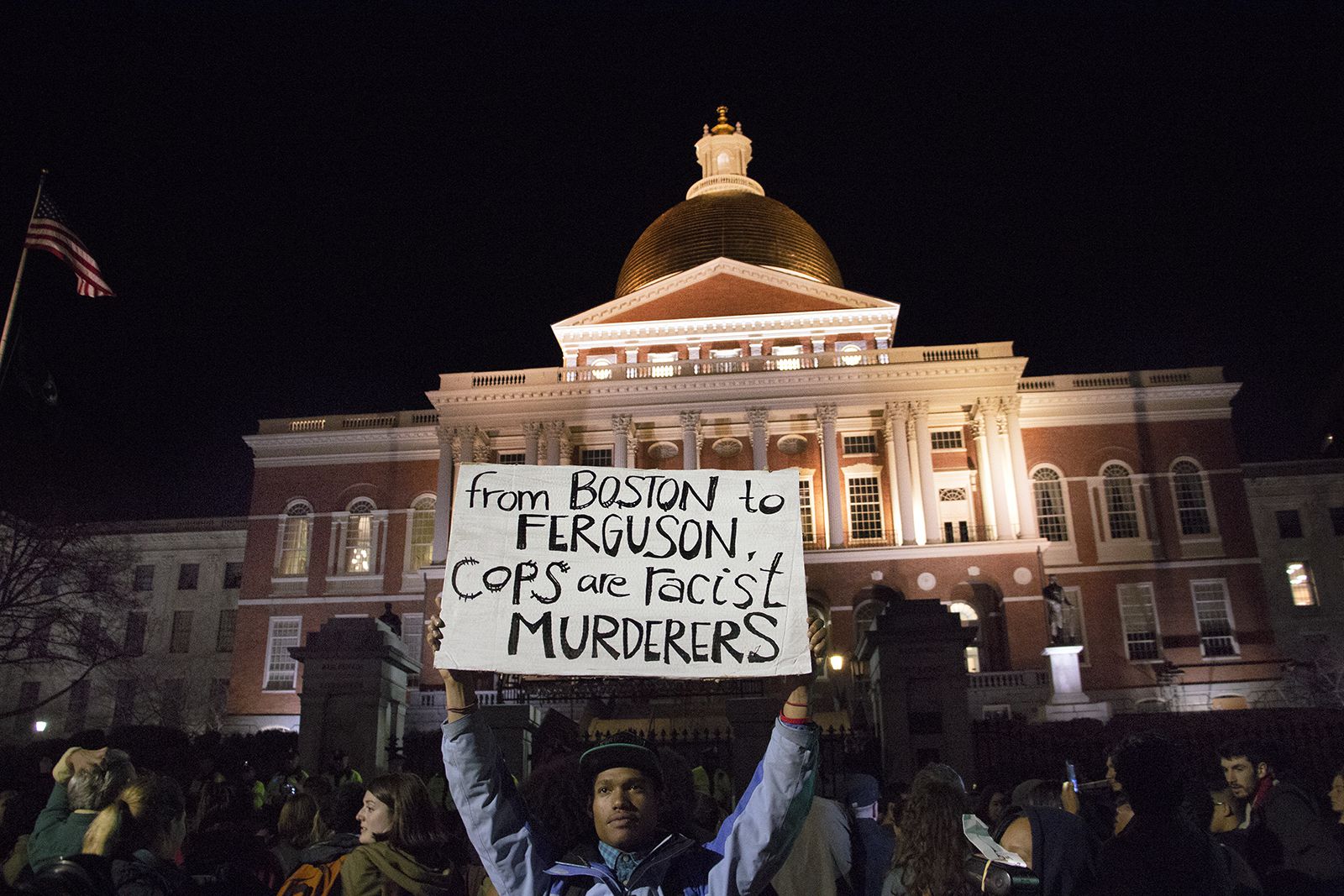The Elie Wiesel Foundation for Humanity lost $15.2 million to Bernard Madoff’s alleged investment fraud, according to a statement posted on the foundation’s website Wednesday.
The foundation, which was founded by Holocaust survivor and Boston University professor Elie Wiesel, lost ‘substantially all of the Foundation’s assets,’ but it will remain in operation, according to the statement.
‘We want to assure you that the Foundation remains committed to carrying on the lifelong work of our founder, Elie Wiesel,’ the statement reads.
After he won the Nobel Peace Prize in 1986, Wiesel and his wife Marion created the foundation, which works domestically and internationally to ‘combat indifference, intolerance and injustice’ in remembrance of the Holocaust, according to its website. Its outreach includes an essay contest in the United States, international youth conferences and an education program for Ethiopian Jewish children in Israel.
Despite multiple phone calls and emails, foundation representatives, including Wiesel himself, were unavailable to comment.
Madoff, founder of Bernard L. Madoff Investment Securities LLC ‘- in which Wiesel’s foundation invested nearly all of its assets ‘- is under arrest for accusations of losing an estimated $50 billion in investments through his fraudulent wealth management business. According to the criminal complaint that led to Madoff’s arrest, he referred to his own business as a ‘Ponzi scheme.’
The term ‘Ponzi scheme’ was coined after swindler Charles Ponzi, and it refers to a financial fraud in which investors are promised high returns for their capital in a short time. However, the scammer is actually transferring money from one group of investors to pay another group of investors, so the capital is not actually generating returns at all, BU journalism professor Mitchell Zuckoff, author of the biography, Ponzi’s Scheme, said.
‘There’s a claim that some incredible investment is going on, but really it’s just moving money from one pocket to another,’ Zuckoff said. ‘Usually in cases like this, there’s some recovery, but it’s hard to say.’
Investors are initially led to think they are making money, but the capital is just being moved around until the scheme inevitably collapses, and only early investors are likely to profit.
Although 2008 IRS filings have yet to be published, Wiesel’s foundation had about $5 million in savings and temporary cash investments at the beginning of 2007 but more than $9.9 million at the end of the same year, according to 2007 IRS filings.
There have been many ‘Ponzi-like’ schemes since the original Ponzi scheme, which took place from 1919 to 1920, but Madoff’s alleged scandal could become the largest in history, Zuckoff said in an email.
‘Ponzi’s scheme took in about $8 million to $10 million, which would be about $100 million today,’ Zuckoff said. ‘If Madoff’s scheme, as reported, involved $50 billion, that would make it the largest in history by sheer dollar value.’
Madoff, who is also a former Nasdaq stock market chairman, will face up to 20 years in prison and a maximum fine of $5 million if convicted, according to a Dec. 11 New York Times article.
Zuckoff said he thinks that right now, people should not be blaming anyone for investing large sums of money in Madoff’s alleged scheme. Instead, they should be asking what they can do to help.
‘I’m terribly sorry that a foundation whose aim was to do so much good would be victimized this way,’ Zuckoff said. ‘This isn’t about somebody losing part of his personal fortune.
‘You have one of the most remarkable people on the planet setting up a foundation to do good work, and now, because of allegedly one of the most horrible frauds in history, that work is going to be interrupted.’


















































































































